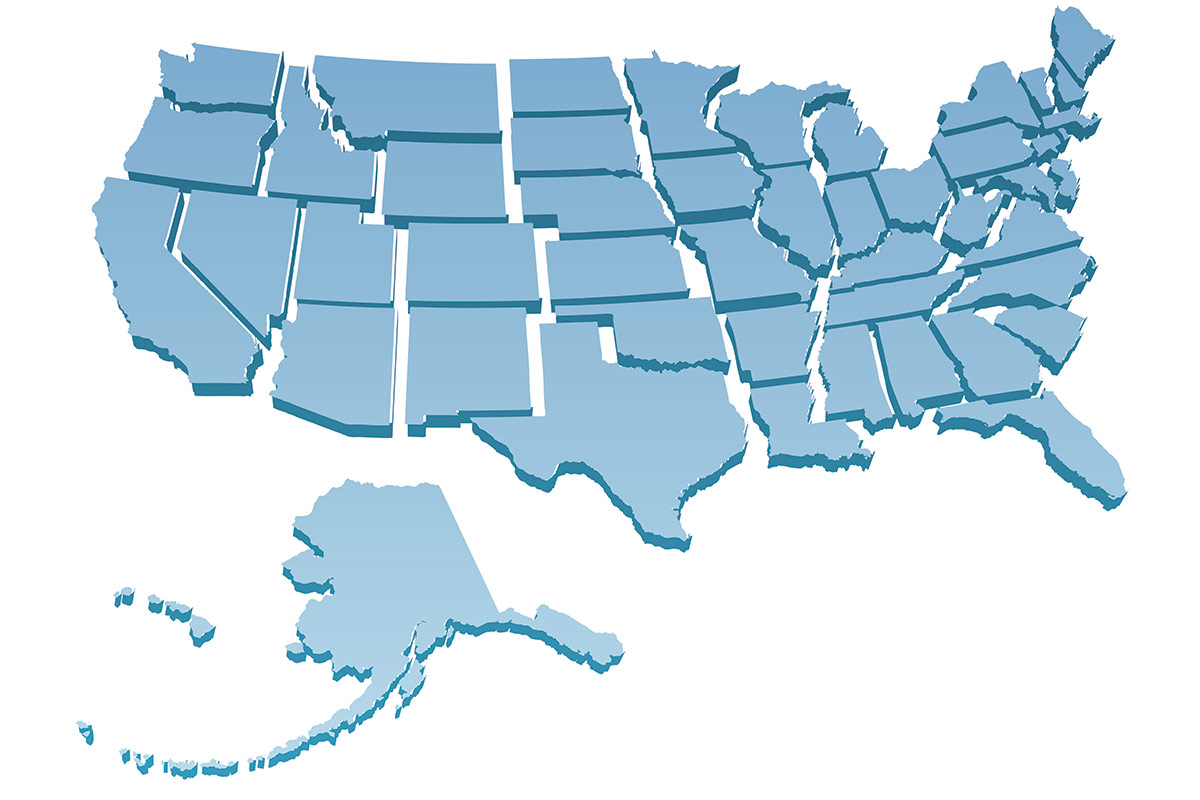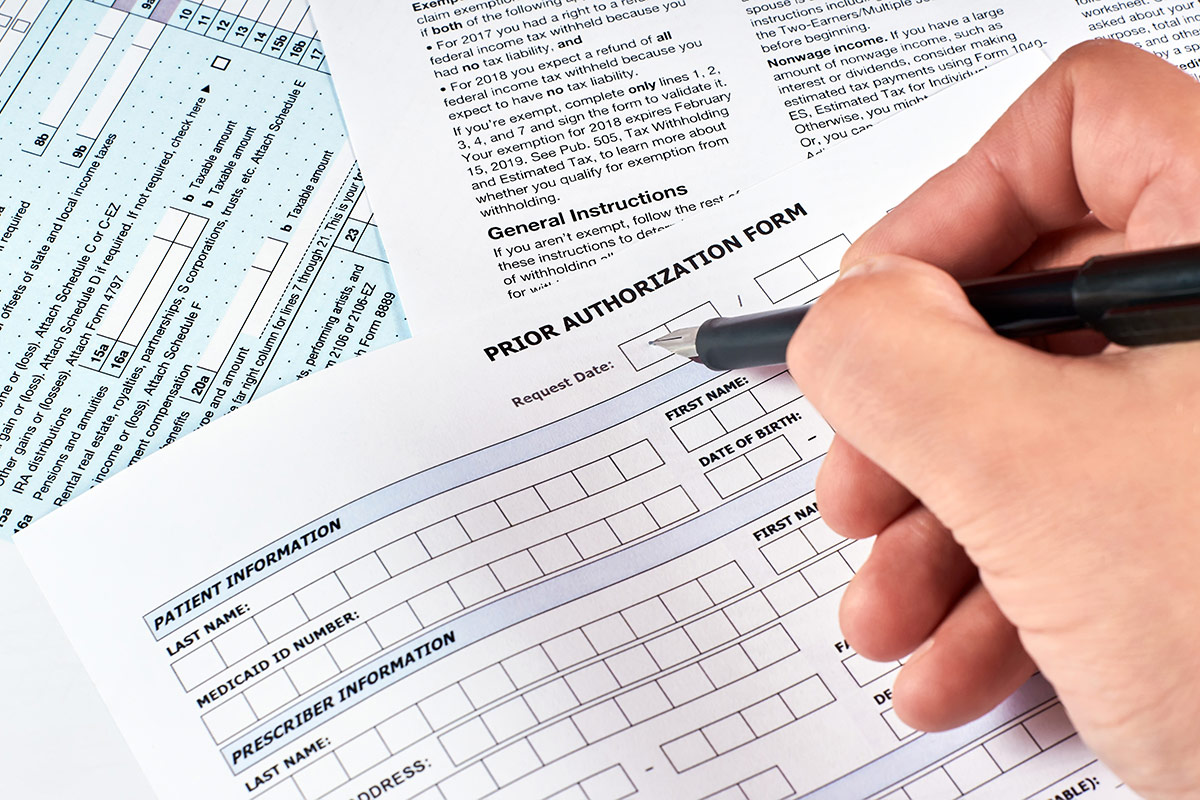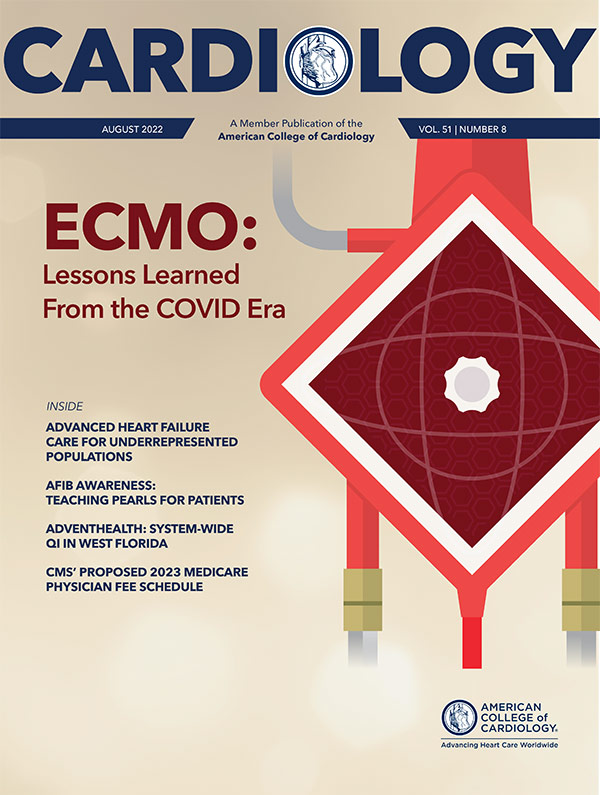Heart of Health Policy | State Advocacy Legislative Session Roundup

Following two years of state legislative sessions dominated by COVID-19 and restricted on-site access to capitols in many states, your ACC, along with ACC State Chapters, have made significant progress on priority state advocacy issues like prior authorization reform and telehealth since the start of the year. While a few state legislatures are still in session, most have wrapped up business for the year.
Cardiology offers a closer look at some of the prior authorization and telehealth efforts to date:
Prior Authorization Reform

Mandated, payer-directed prior authorization for diagnostic imaging and medications continues to be a significant barrier to patient access in today's cardiovascular practice landscape, with the downstream effects of COVID-19 further contributing to administrative burden for clinicians and delays in care for patients. Legislation enacted at the state level will improve transparency, timeliness and clinical appropriateness of prior authorization practices in alignment with ACC principles for reform.
Multi-year efforts by the ACC's Michigan Chapter and a broad coalition of health care professionals and patient organizations to enact prior authorization reform legislation in the state proved successful this year with the passage of a new law (SB 247) requiring insurers to use a standardized electronic process for prior authorization, post any new prior authorization requirements or changes to existing requirements on their website, and base prior authorization requirements on peer-reviewed clinical review criteria. The law also puts time limits on prior authorization request approvals and improves transparency around denials and appeals.
In Louisiana, a coalition led by the state medical society was successful in passing SB 112, which will require insurance companies to develop their own prior authorization relief programs. While the legislation falls short of the original bill, it is a positive step forward in the state. The original bill would have enacted a "Gold Card" law, similar to what was passed in Texas in 2021 and is being piloted for both Medicaid and private insurers in Vermont, that would exempt providers from prior authorization for some services if a certain percentage of those services receive authorization over a specified time period.
To date, similar "Gold Card" bills have been introduced in Connecticut, Colorado, Indiana, Kentucky, New York, Ohio, Mississippi and Missouri and more of this type of legislation is expected in the future. Additionally, New Jersey and Pennsylvania's legislatures are still in session, and prior authorization reform bills are making progress in those states as of this writing.
Telehealth

There is strong interest among health care professionals, other stakeholders, and policymakers at the state level in making many of the telehealth flexibilities temporarily granted during the COVID pandemic permanent, including allowing phone calls to be considered part of telehealth delivery and allowing cross-state delivery of care.
In terms of cross-state care delivery, very few states made allowances for health care professionals outside of their states to deliver care by telehealth without a license in that state prior to the pandemic. However, the Interstate Medical Licensure Compact (IMLC) and other compacts have been making it easier for health care professionals by facilitating licensure through faster processes. Connecticut, Indiana and New Jersey are the latest states to pass legislation to join the IMLC, bringing the total number of states to 38 plus the District of Columbia and Guam.
Meanwhile, other states like Arizona, Connecticut, Florida, Georgia, Minnesota and Virginia have started creating new mechanisms for clinicians to provide telehealth services to patients who leave the state for a short period of time without needing additional state licensure. These mechanisms included relaxing licensure requirements for telehealth creating special licenses, certificates or registrations specifically for telehealth, and/or developing narrow exemptions for out-of-state physicians to provide care to existing patients for a limited time period.
Get Involved
ACC State Advocacy efforts, working with State Chapters and allies at the state and federal level, depend on direct member engagement.
Click here to learn more about the ways ACC's State Government Affairs team can guide you through the legislative process, connect you with a broad range of stakeholders and position you to pitch policymakers and their staff.
Clinical Topics: Cardiovascular Care Team, COVID-19 Hub, Invasive Cardiovascular Angiography and Intervention, Prevention, Interventions and Imaging, Angiography, Nuclear Imaging, Hypertension
Keywords: ACC Publications, Cardiology Magazine, Health Policy, Medicaid, Centers for Medicare and Medicaid Services, U.S., Area Under Curve, COVID-19, SARS-CoV-2, Cardiac Rehabilitation, House Calls, Hypertension, Insurance Carriers, Prior Authorization, Public Health, Medicare, Clinical Decision-Making, Emergency Medicine, Societies, Medical, Physical Examination, Policy, Fee Schedules, Angiography, Malpractice, Telemedicine, Hospitals, Electrocardiography
< Back to Listings

